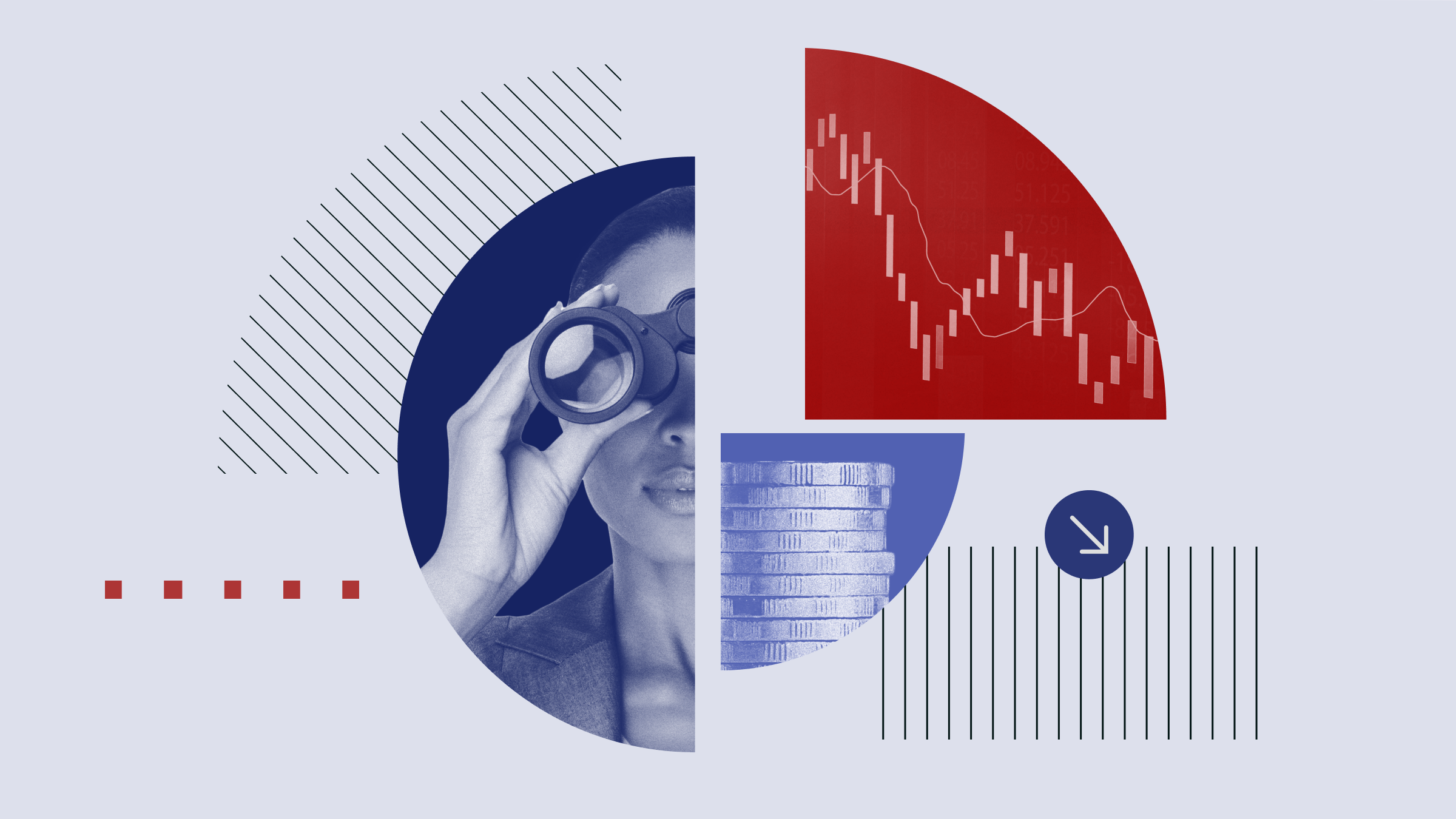British electricity regulator Ofgem's final planning parameters released March 18 for the 2013-21 rate cycle eliminate the worst-case scenario that National Grid (NG.) could have faced. Critically, Ofgem said it would leave the depreciable lives for existing transmission assets at the current 20 years and suggested a target real allowed return on equity range of 6.0% to 7.2%, at the high end of its initial 4.0% to 7.2% range published in December 2010. These final terms are consistent with our long-term assumptions and we are reaffirming our fair value estimate.
Ofgem proposed in December changing the depreciable lives for existing assets to 45 years from 20 years. This could have had as much as a £210 million (60p per share) immediate impact on our 2014 earnings and cash flow projections. Instead, Ofgem will maintain the current depreciable lives for existing assets but extend the depreciable lives for new assets to 45 years. This depreciation change for new assets does not have a material impact on our earnings or fair value estimates. In addition, the final ROE range eliminates a worst-case scenario that could have cut allowed returns some 40% from current rates and cut 10% from our fair value estimate and our 2014 projected earnings. We expect National Grid ultimately will be allowed to earn near its current 7.0% return on equity before incentives.
Ofgem's final proposal also includes an incremental £1.1 billion of incentive payments for grid operators, primarily National Grid, across the eight-year rate period to support efficiency and environmentally friendly energy sources. We expect National Grid should be able to earn a large share of these incentives in addition to current incentives. Thus, even if regulators cut National Grid's base allowed return on equity, we think incentive payments will allow it to continue earning nominal returns on equity near their current 12%-13%. Ofgem also reaffirmed its target for £30 billion of energy grid investment between 2011 and 2020, supporting National Grid's £11 billion capital expenditures budget between 2010 and 2015 and our earnings growth outlook.
We still expect National Grid to submit its rate plan proposal in July with an initial assessment from Ofgem due in October. A final decision could come in the first half of 2012.

























